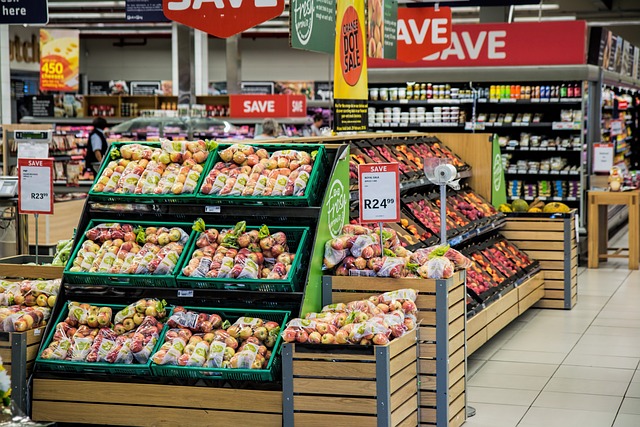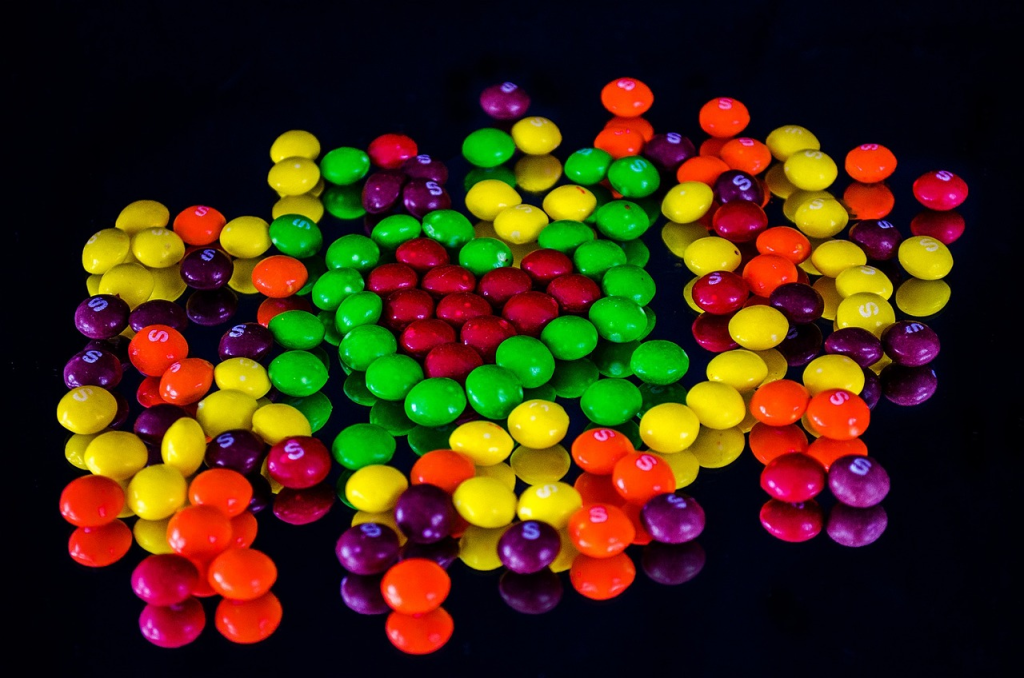According to the National Retail Federation, Americans were predicted to spend roughly $30 billion on gift cards during the 2023 Christmas season. While these cards to restaurants and retailers make great gifts, more than $10 billion worth will remain unused.

In 2010, a federal law mandated that a gift card cannot expire for at least five years from the purchase date. Certain states have even longer time requirements. And though cards don’t expire quickly, some will accrue fees if they are not used within a year, and cards from stores that go out of business will not be able to be redeemed. So using gift cards soon after receiving them is a good idea. To encourage immediate spending, retailers established National Use Your Gift Card Day, on the third Saturday of January.
What happens to the money on unspent gift cards depends on where you live. Retailers in 19 states are mandated to return the funds to consumers, and money that cannot be returned must be spent on initiatives that benefit the public. According to Misha Werschkul, executive director of the Washington State Budget and Policy Center, finding the owners of unspent gift cards is challenging. Consumers can search for their name on MissingMoney.com to see if they are entitled to money from gift cards.
Companies do benefit from those who lost their gift cards or forget to redeem them. In 2022, Starbucks reported over $200 million in revenue in cards that were not cashed in. Consumers who think that using the cards as intended is far better than seeing the money returned to the public should be sure to participate in National Use Your Gift Card Day.


